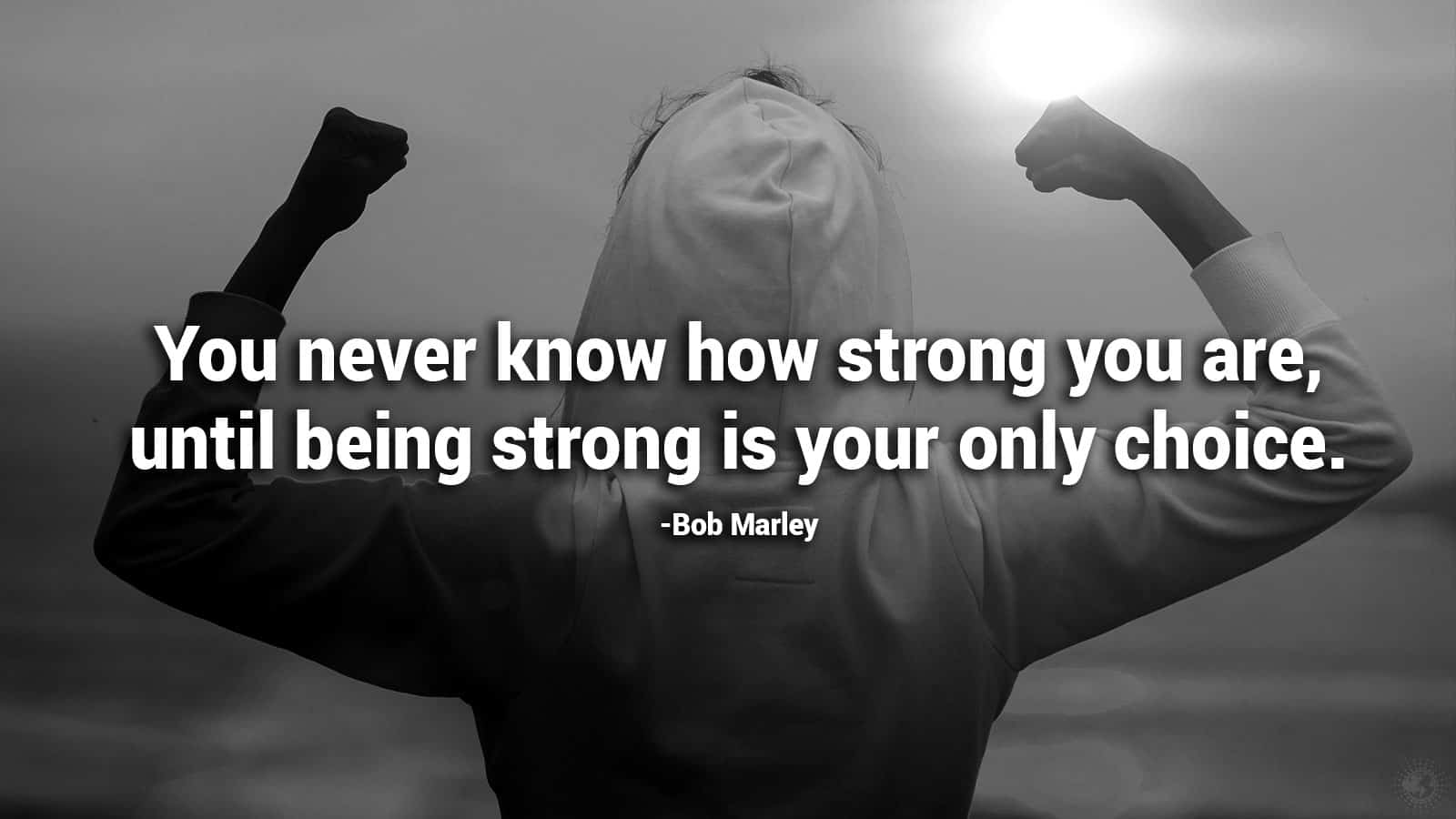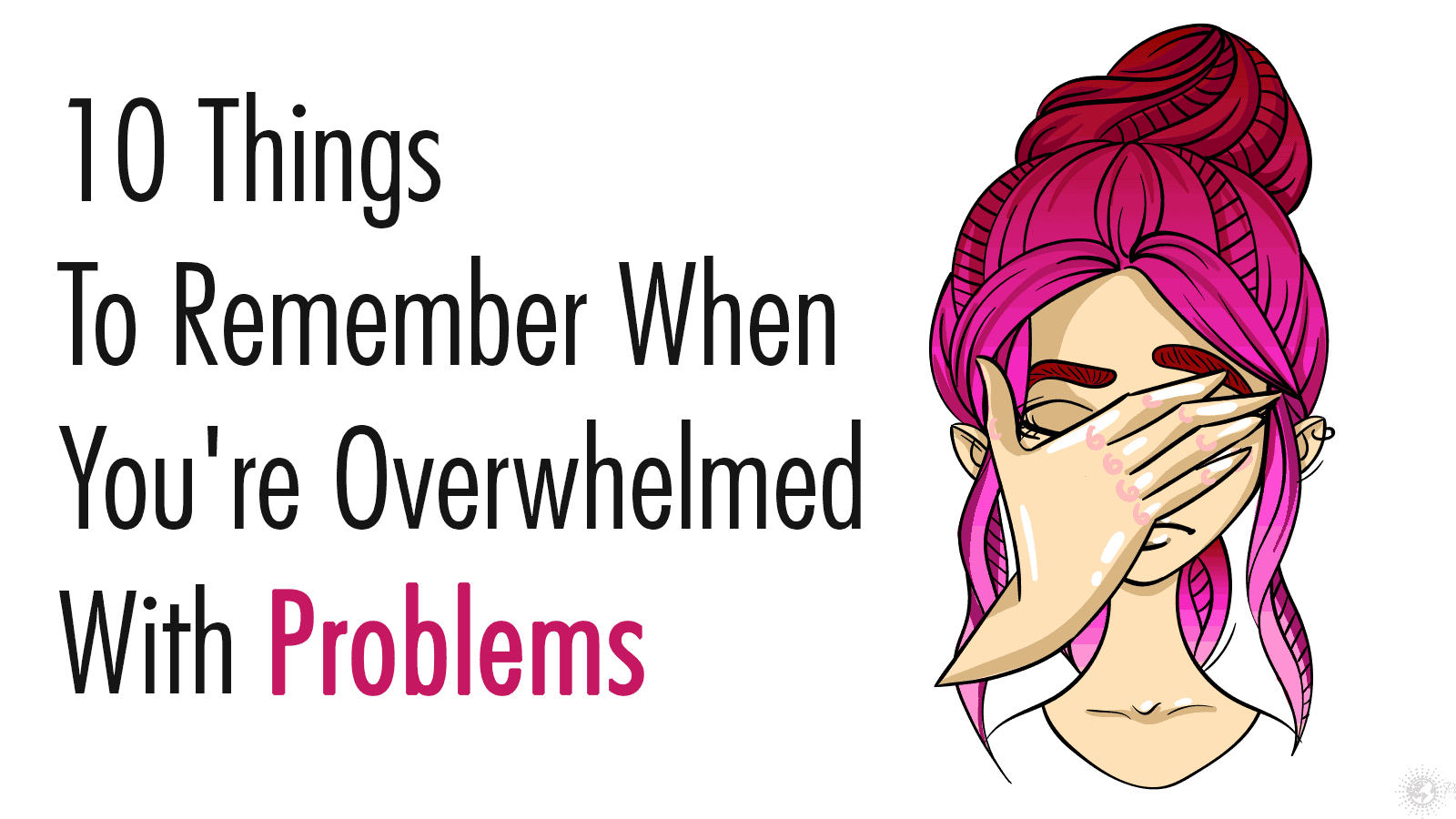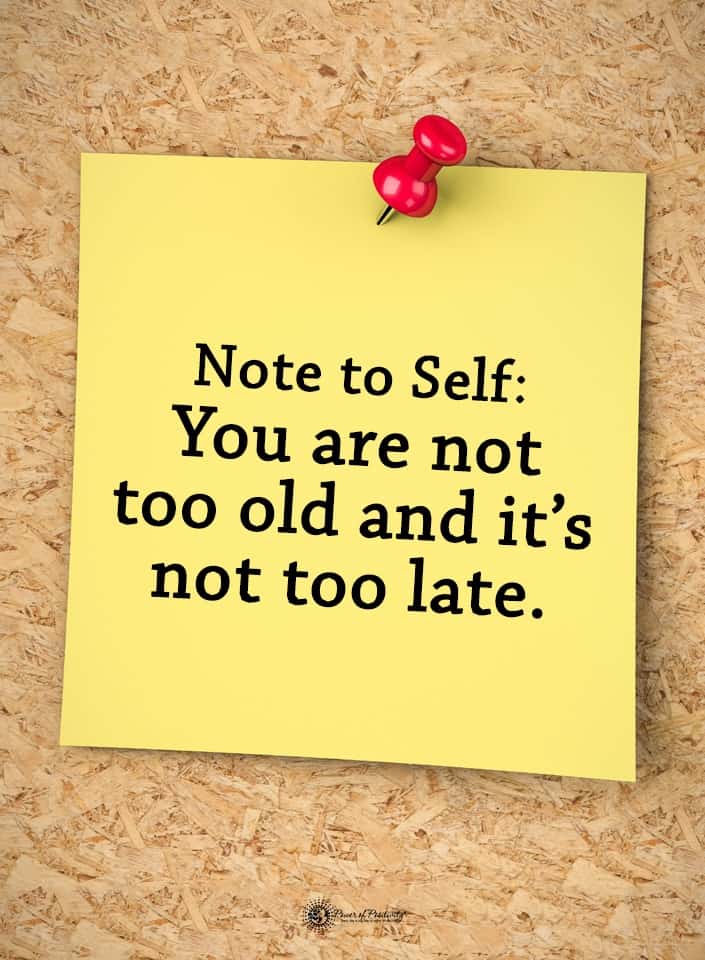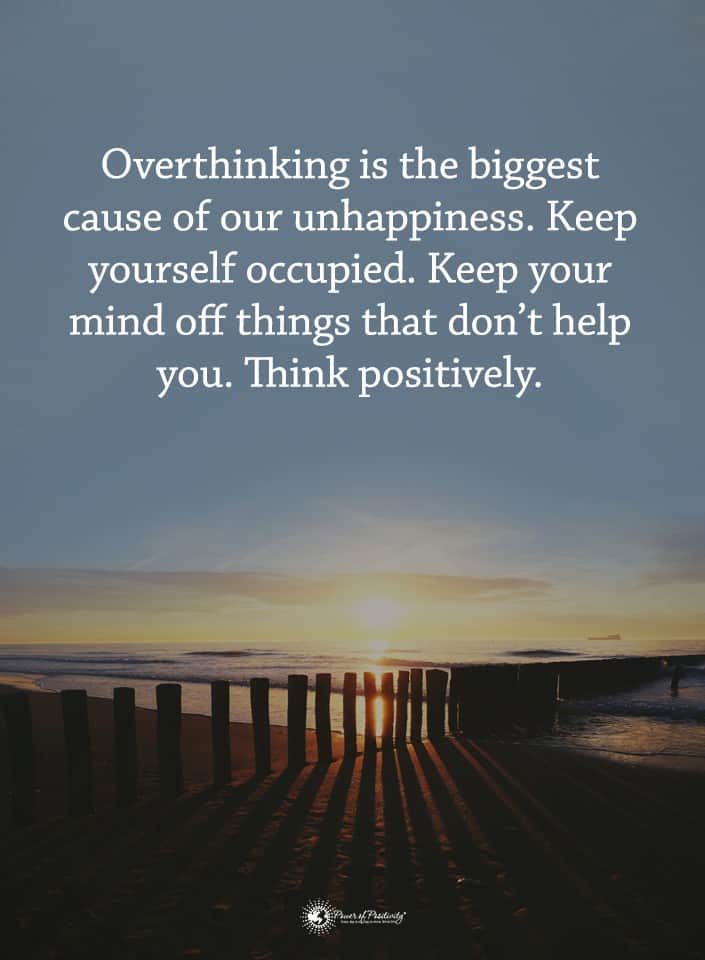Everyone needs some motivator quotes to help them kick their work out up a notch. This is normal, and it’s helpful when you are working hard to reach your goals.
Even when you’ve been working hard every day, you’ll have days where you don’t want to work out. You’ll also have days when you don’t want to give your all during your workout. Sometimes, you’ll give up when you begin to feel a little pain during exercise.
Those are all things that you have to avoid and motivational quotes may help. Luckily, everyone goes through it, even if they are the fittest athletes. Even luckier, the athletes, coaches, and exercise experts who have to fight through the desire speak about it.
These motivational quotes will benefit you in a couple of ways. The motivator quotes let you learn how and why the fittest people fight the desire to take it easy.
15 Motivator Quotes to Help Amp Up Your Performance
1. “The last three or four reps is what makes the muscle grow. This area of pain divides a champion from someone who is not a champion.” – Arnold Schwarzenegger
When you reach the last few reps, it may be tempting to stop right there. As Schwarzenegger stated, however, those are the reps that make your muscles grow. By fighting through the pain, you’ll set yourself apart from those who can’t or won’t.
2. “Discipline is remembering what you want most, not what you want now.” – Billy Blanks
Don’t get into temptation that you are feeling at the moment. Instead, think about what you want long term. If you give in to what you want now, you’ll never get to where you want to be.
Get moving and get your exercise done, even when you don’t want to. By doing so, you’ll get to your goal.
3. “Today I will do what others won’t, so tomorrow I can accomplish what others can’t.” – Jerry Rice
Not everyone can find the motivation to work out as often as they should. If you force yourself to exercise even when you don’t want to, you’ll accomplish your goals while others won’t. Set yourself apart and start working on your goals so you can get there before everyone else.
4. “Pain doesn’t tell you when you ought to stop. Pain is the little voice in your head that tries to hold you back because it knows if you continue you will change.” – Kobe Bryant
When you feel pain during your work out, keep going. As Bryant explained, pain is trying to stop you so that you won’t change. Fight past the pain and you’ll get to where you want to be.
5. “The clock is ticking. Are you becoming the person you want to be?”
Even if you choose to skip your work out, time is still passing by. Instead of letting time pass without any progress, focus on whom you want to become. Use your time wisely, get your work out in, and you’ll see the results that you desire.
6. “You have to push past your perceived limits, push past that point you thought was as far as you can go.” – Drew Brees
When you think you’ve had enough, push on for a little longer. The more pain you feel, the closer you’re getting to your goal. Each time you push harder, you’re getting better and the next time you’ll be able to push ever farther.
7. “Some people want it to happen, some wish it would happen, others make it happen.” – Michael Jordan
You can want and wish to meet your fitness goals all you want, but you have to work for it. If you don’t exercise you won’t get there, and you’ll continue wanting and wishing. Those wishes won’t get you to your goal, only hard work and dedication will.
8. “Stop talking about tomorrow. You owe it to yourself to do whatever you can to live a better life today.” – Bob Harper
When you keep talking about tomorrow, you tend to put things off until tomorrow. By doing that, you’re putting your goals off.
Don’t do that to yourself. Focus on today and start working towards a better life now. Every time you decide to wait, you are deciding to wait on your dreams.
9. “Every single day if you aren’t doing what you are supposed to, someone else is doing it and it’s going to be his living and not yours.” – Roy Williams
Other people are choosing to work hard each day. So, when you choose to put off your work out, someone else is getting ahead of you.
Eventually, they’ll be living the life you want to live while you’re still just wishing for it. The only way to get ahead and accomplish your fitness goals is to work hard every time.
10. “You dream. You plan. You reach. There will be obstacles. There will be doubters. There will be mistakes. But with hard work, with belief, with confidence and trust in yourself and those around you, there are no limits.” – Michael Phelps
When you want to reach your goals, you have to dream, plan, and reach, as Phelps explains. Hard times and obstacles will occur. Even so, you have to work through them and keep giving it your all.
If you believe in yourself and have confidence, you’ll have an easier time working through the obstacles. Give yourself a pep talk and remind yourself that you are capable of succeeding. Then, keep moving so that you can reach the goal.
11. “I think in life you should work on yourself until the day you die.” – Serena Williams.
Even when you think your body is good enough, don’t skip your regular workouts. You should continue working on yourself, and that includes exercising.
12. “I know that if I set my mind to something, even if people are saying I can’t do it, I will achieve it.” – David Beckham
When you decide you want to work out and accomplish your fitness goals, you’ll find resistance. You’ll likely have people who think you can’t do it, and it may make you doubt yourself. Don’t let it stop you from working hard, though.
If there are people who say you can’t do it, work even harder to prove them wrong. You can accomplish your fitness goals even when others are saying that you can’t.
13. “Unless you puke, faint, or die, keep going.” – Jillian Michaels
It will be tough but can get through it. Don’t let discomfort stop you from giving your all during your workouts. This is the only way to kick your workout into high gear.
14. “People are still grasping for the miracle, and unfortunately, there are no miracles, if you do not exercise for a year, and let your body remain dormant, then you will gain weight.” – Richard Simmons
You can’t wish to get fit and then expect it to happen automatically. You have to change your habits and work hard to get there.
Likewise, you can’t just sit idly and expect to keep a healthy body. Even when you are fit and healthy, you have to work to stay that way. If you allow yourself to spend too much time sitting still, you’ll gain weight, undoing all of your hard work.
15. “I will sacrifice whatever is necessary to be the best.” – J.J. Watt
The best athletes say that they will do anything to reach their goals. This is true for many of them, and it’s true for everyday people, as well. As this motivational quote explains, you have to make sacrifices and do things you don’t want to do for success.
If that means you have to sacrifice your time or energy to work out, make the room in your schedule. Other things you may have to sacrifice are unhealthy eating habits and the comfort of working out without pain.
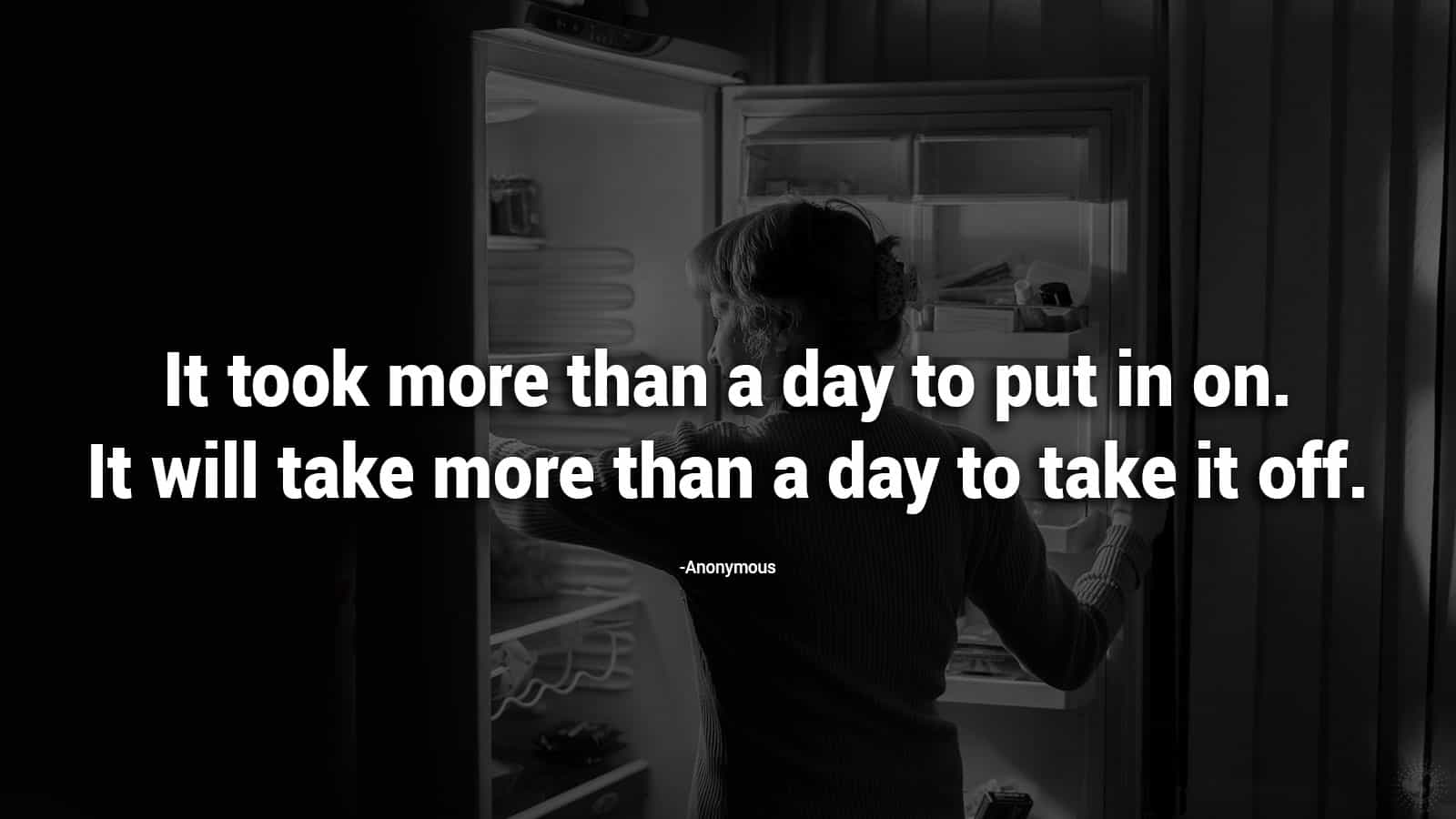 Final Thoughts on Motivator Quotes to Kick Your Workout into High Gear
Final Thoughts on Motivator Quotes to Kick Your Workout into High Gear
When you are working hard to reach your fitness goals, you’ll still have days when you don’t want to. You’ll want to take it easy, skip workouts, or give up when it gets tough. When you fight past this desire, however, you’ll be glad that you did.
The only way to reach your goals is to fight past those urges. If you choose to take it easy now, you’ll regret it later. Instead, use these motivator quotes to get you through the times when you don’t want to do it.
These motivational quotes will help you and allow you to step your workout up. When you realize that even the most active people struggle with these thoughts sometimes, you’ll feel better. Hopefully, their motivator quotes help you realize that it is completely possible to fight past it and reach your goals.

